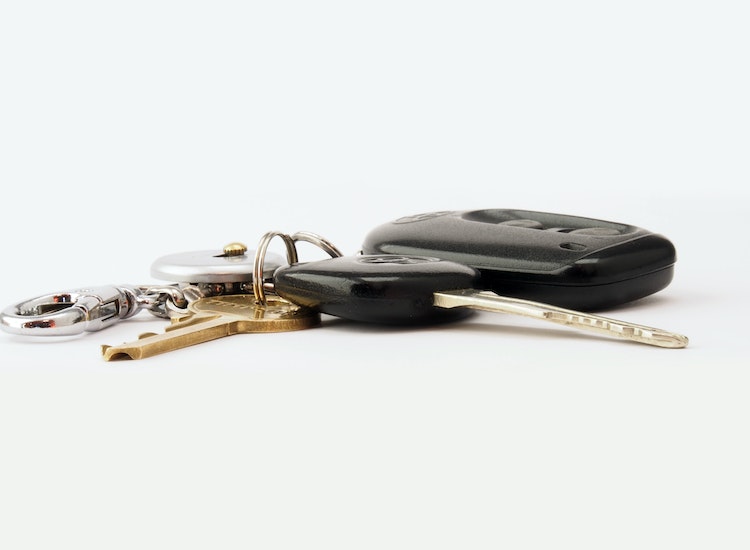How to Transfer Car Loan to Another Person

Almost every car owner had to get a loan to buy their car. Not everyone has the financial capability to purchase cars outright. But what if you need to sell your car and the loan is still ongoing? It could be because of financial constraints, or maybe you really don’t need or want that car anymore. Is it possible to transfer car loan to another person?
The long and short of that is that it is possible. Tricky, yes. But it’s not impossible. Several factors come into play when you want to transfer car loans to another person. Let’s take a look at this process more closely.
Why do people transfer car loans?
Financial constraints. When hard times come, you need to get rid of some of your expenses. One of the first things to go is usually something you make monthly payments for, like your car, especially if you foresee that you can no longer make those monthly car payments. Transferring your car loan to another person who can better afford to pay is a way to preserve your credit score. It may dip as the transfer is happening, but at least you won’t be defaulting on a loan.
You want to upgrade or sell. Maybe you want to upgrade your car to a newer model or get a vehicle that uses less fuel. Or perhaps you want to sell your vehicle outright before the loan is fully paid. Transferring car loans in both circumstances is possible if your buyer has a good credit score.
How do you transfer a car loan to another person?
Things to consider before transferring a loan
Before you can even begin transferring your car loan to someone else, you need to revisit the terms of your loan agreement. First, you need to make sure that your loan is assumable within the terms and conditions of your loan. If you can’t find the information in your loan agreement, you will need to contact your lender to ask if your loan is transferable.
You will also need to consider the fees of transferring a loan. Does it make financial sense for you to transfer your car loan? Will you be able to share this expense with the buyer, and will your buyer agree to it? Once you have gone over everything and have firmly decided on transferring your car loan, you can follow the general process outlined below.
Check the contract
As discussed above, there may be specific fees involved in the transfer. But apart from the costs, there may also be caveats like the credit score and income level that your buyer needs to meet. It would help if you made sure that the buyer’s credit score passes muster and that they have a steady source of income. There may also be some other restrictions that will affect the transfer. If your buyer meets all of them and is alright with the limits, you can proceed to the next step.
New buyer applies for the loan
Your buyer has to apply for the loan essentially, so they must meet the criteria stipulated in your original loan agreement. If your buyer uses the same bank or the same lender, they will have to fill out a new application that mirrors your original loan.
Documents the bank or lending institution might ask for:
- Loan transfer forms
- Valid IDs bearing the current address of the buyer
- Proof of income
Your bank may ask for other documents, as well.
Some lenders might ask the buyer to cosign your loan instead of having them take ownership of the original loan. But, most importantly, the buyer’s loan application must be approved before any transfers can be done.
If you are having a hard time finding a suitable buyer, you can also seek the help of car dealerships. They have contacts related to buyers interested in buying used vehicles.
Transfer of car registration or title
You will need to transfer your car’s title to the buyer. Your car title identifies who has ownership of the vehicle. This needs to be transferred from your name to the buyers. You and the buyer need to go to your local DMV to do this.
What to bring:
- Valid IDs for both you and the buyer
- Bill of sale that outlines the conditions of the sale
- Money to pay the transfer and processing fees. Who pays you and the buyer should agree upon the prices.
- Registration documents
This process can take up to two weeks. Then, the authorities will make a background check with the bank before they can change the name in the registration. Also, expect to pay applicable fees for this.
Car insurance
For your vehicle to be street legal, you need car insurance. The buyer needs to meet the requirements of your insurance provider. You will also need to consult with your insurance provider about transferring your car insurance to the buyer. Your insurance company will ask for the bank documents to initiate the transfer. You should not skip this essential step unless you want to keep paying the monthly insurance premiums for a car you no longer own.
Final Thoughts
Transferring car loans can be possible as long as stipulated in the original loan agreement. However, the buyer must meet all the requirements, not just for the loan transfer, but also for the insurance transfer.
It will also be a great help if you talk to a lender you can trust, especially one with loan structures that are easy to understand. Payment1 Financial’s loan structures are designed to make payments easier for you. Complete your loan application entirely online without going to our office, or contact us for questions, today.




